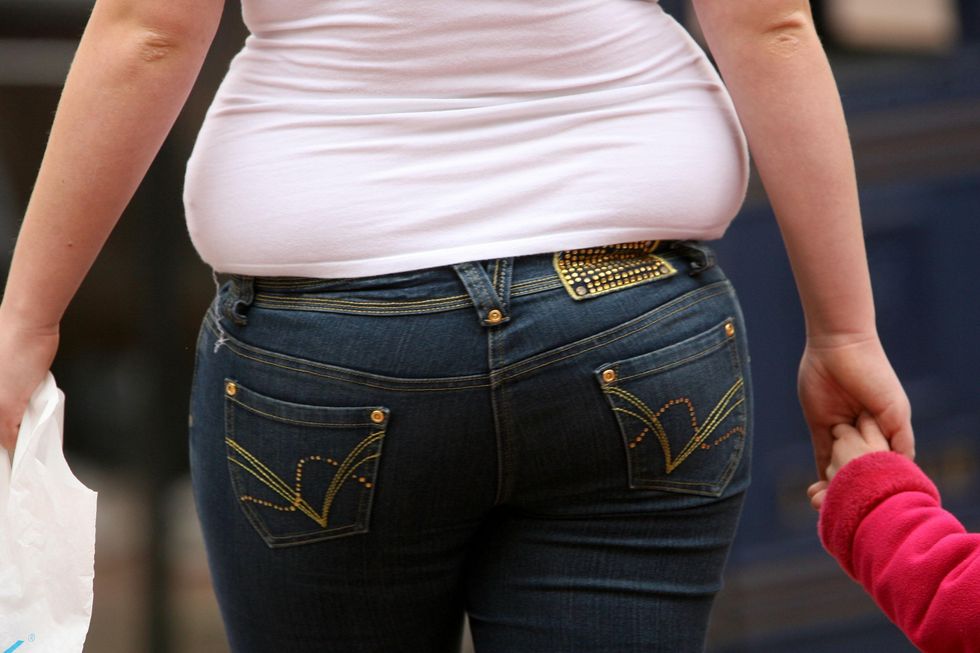Belly fat: ‘I’m a nutritionist

Belly fat becomes increasingly problematic as we age, as hormonal decline redirects fat cells to the midsection of the body.
These changes are more evident in women as they approach menopause, which indicates a decline in estrogen and leads to the cessation of menstruation.
Although overall weight is unlikely to change, individuals may find that the weight of their thighs and hips shifts toward the abdomen. Fortunately, choosing the right type of exercise, diet, and supplements can solve this problem.
Manisha Morgan, menopause expert and nutritionist, explained on TikTok: “Menopause itself does not cause you to gain weight. What can cause you to gain weight are the symptoms.
Belly fat may become more prominent in women over 50
GETTY
“What you eat and how much you eat needs to change,” Manisha explained. “And the type of exercises you do, depending on the changes that are happening at that time in your life.
“(The) majority of women cannot live the life they led when they were 20 or 30 years old.
“So what can you do? The first thing we need to do is get your symptoms under control, because that’s one thing we can control.
Manisha asserted that taking supplements, making the right dietary adjustments and prioritizing strength training are the solutions.
She continued: “I promise you, making small changes to the things I just mentioned will have a huge impact.
“You don’t have to go from zero to 100. You just have to (…) try to improve by one percent to make a huge difference.”
Although there is little evidence that supplements soothe menopausal symptoms, they may offer some relief by balancing hormones.
Diet changes, on the other hand, should include an increase in protein intake to help satiate hunger and maintain muscle mass.
Zoe Cottrell, dietitian and co-founder of Provytl, reiterated the importance of protein for menopausal women in a conversation with GB News.
LATEST DEVELOPMENTS

Belly fat is a precursor to all kinds of metabolic disorders
Pennsylvania
“The secret to avoiding weight gain during and after menopause is to increase your protein intake,” explained the expert.
“Low protein intake is linked to frailty in men and women aged 50, but postmenopausal women suffer a double whammy.”
Finally, strength training during menopause is essential for maintaining muscle mass.
Research shows that muscle protein synthesis, where the body rebuilds and repairs muscle tissue from amino acids, slows down with age. Addressing these factors could promote healthy weight loss over time.
News Source : www.gbnews.com
Gn Health




